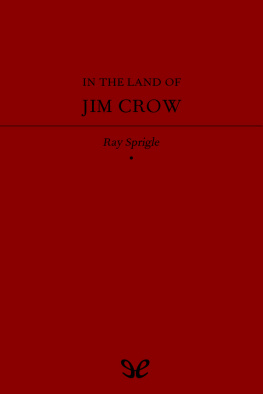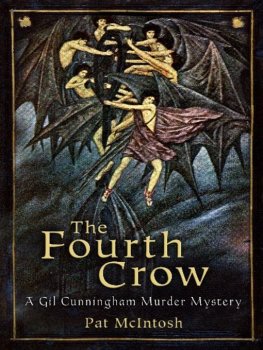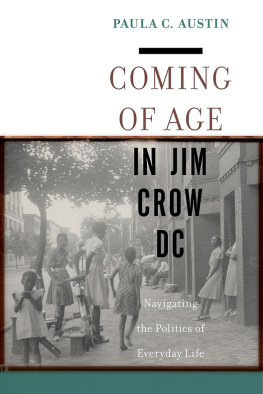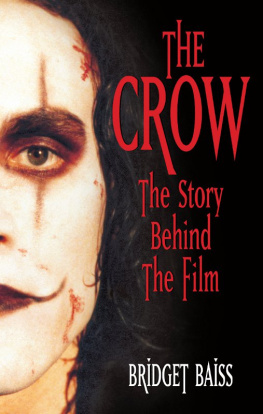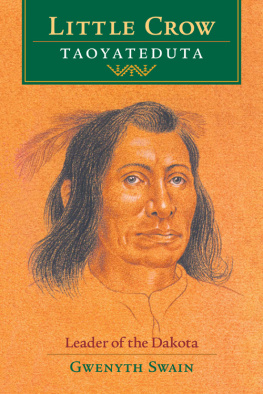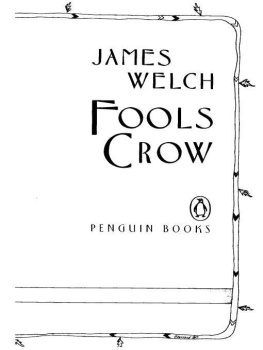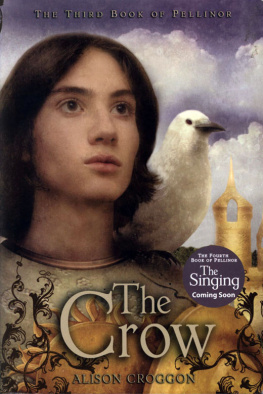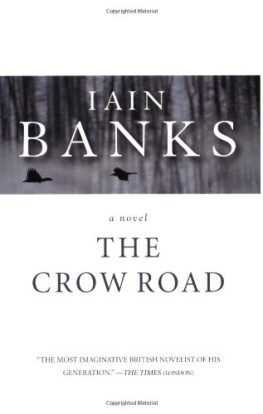Ray Sprigle - In the Land of Jim Crow
Here you can read online Ray Sprigle - In the Land of Jim Crow full text of the book (entire story) in english for free. Download pdf and epub, get meaning, cover and reviews about this ebook. year: 1949, publisher: ePubLibre, genre: Detective and thriller. Description of the work, (preface) as well as reviews are available. Best literature library LitArk.com created for fans of good reading and offers a wide selection of genres:
Romance novel
Science fiction
Adventure
Detective
Science
History
Home and family
Prose
Art
Politics
Computer
Non-fiction
Religion
Business
Children
Humor
Choose a favorite category and find really read worthwhile books. Enjoy immersion in the world of imagination, feel the emotions of the characters or learn something new for yourself, make an fascinating discovery.
- Book:In the Land of Jim Crow
- Author:
- Publisher:ePubLibre
- Genre:
- Year:1949
- Rating:3 / 5
- Favourites:Add to favourites
- Your mark:
- 60
- 1
- 2
- 3
- 4
- 5
In the Land of Jim Crow: summary, description and annotation
We offer to read an annotation, description, summary or preface (depends on what the author of the book "In the Land of Jim Crow" wrote himself). If you haven't found the necessary information about the book — write in the comments, we will try to find it.
In the Land of Jim Crow — read online for free the complete book (whole text) full work
Below is the text of the book, divided by pages. System saving the place of the last page read, allows you to conveniently read the book "In the Land of Jim Crow" online for free, without having to search again every time where you left off. Put a bookmark, and you can go to the page where you finished reading at any time.
Font size:
Interval:
Bookmark:

In 1938, Sprigle made a name for himself by winning a Pulitzer for a series he wrote exposing Supreme Court Justice Hugo L. Blacks membership in the Ku Klux Klan. Nine years later, he once again took up the issue of white racism with an idea from the popular novel and film, Gentlemans Agreement, in which a reporter poses as a Jew in order to uncover the subtle dynamics of anti-Semitism. In this case, however, the ruse was adapted to discover first-hand the forces of racism experienced by the "Negro" in the South. The results were published first as a twenty-one part series in the Gazette and thirteen other newspapers and then as a pamphlet sensationally titled I Was a Negro in the South for 30 Days. After receiving a Headline Club Award and several offers from publishers, a version of the series was published as In the Land of Jim Crow. The serial boosted circulation for the Gazette and was widely read on both sides of the Mason-Dixon line. It even prompted a counter-series in defense of the South. Today such an experiment in "blacking up" may seem suspicious as yet another white appropriation of Black experience. But Ray Sprigle deserves credit for aiding in the post-World War-Two struggle against segregation because his daring stunt helped bring greater awareness to an issue that would soon become the focus of national attention.

Ray Sprigle
ePub r1.0
Titivillus 23.12.16
Original title: In the Land of Jim Crow
Ray Sprigle, 1949
Digital editor: Titivillus
ePub base r1.2
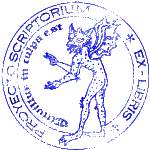

RAY SPRIGLES name was not exactly unknown in the newspaper world before his trip as a Negro to the land of Jim Crow. His stories of Supreme Court Justice Hugo Blacks connections with the Ku Klux Klan won him the Pulitzer Prize in 1938, and in 1944 the Headliners Club presented him with a medal for his series about the black market in meat. Mr. Sprigle dug out the information for the series by posing as a black-market butcher. Similarly, he took a job as attendant in several state institutions while gathering material for a series on Pennsylvanians mental hospitals in 1947, and worked as a coal miner for still another story.
The unorthodox approach has been Ray Sprigles through most of his sixty-three years. Except for writing, he wasnt very fond of school; one year at Ohio State University proved to be enough for both Mr. Sprigle and the University. Rather than return home to Akron at that point, he took a job with the now defunct Ohio Sun in Columbus. There followed jobs on ten Midwestern papers; he stayed with some a few days, others as long as a year. While researching for a magazine article, Mr. Sprigle dropped in at the old Pittsburgh Post and was asked to fill in at the copy desk for the night. He did and stayed on to work his way up to city editor. Because he preferred reporting to editing, he went back to writing.
I suppose it was only a question of time, after the hero of a recent novel pretended to be Jewish in order to find out about anti-Semitism, before somebody with an inquiring mind and nerves like hawsers would get the idea of pretending to be a Negro in order to find out what it is like to be Jim Crowed. The inquiring mind and the strong nerves have recently turned up within the skeletal framework of Mr. Ray Sprigle, a Pulitzer-Prize-winning reporter who spent four weeks and traveled four thousand miles through the South disguised as a Negro.
Mr. Sprigles report on what it feels like to live as a second-class citizen reads, to the first-class citizen, like sociological Jules Verne. There are so many things one hadnt thought of! What do you do if your wife needs a Caesarean section and no hospital within eighty miles will admit her because she is colored? If you are a Negro parent, at what age do you explain to your wide-eyed children that they must adjust to a life of permanent humiliation?
Mr. Sprigle has not turned up any new material. All his facts have been reported before in such research volumes as Gunnar Myrdals An American Dilemma , and others. But in the scholarly disquisitions, the facts are necessarily arranged in graphs and statistics and cautious footnotes. In Mr. Sprigles book they are personal and vividthe spontaneous, unstudied reactions of a self-respecting white American trying to live from one dam to the next under the disabilities imposed on colored Americans.
That Mr. Sprigle is courageous, his assignment attests. But in view of the importance and intricacy of the whole subject, it is only fair to ask whether he is also impartial and objective. To which the answer is, he was impartial and objective when he started, and when he finished he was still objective. Americansit was said after the last electionalways identify with the underdog, and Mr. Sprigle is no exception to this amiable generality.
As a matter of fact, identification with the underdog is not a purely American characteristic. Non-Americans have it, too. Mr. Sprigles book is a simple, reportorial account of his experiences, but the reflective reader will be struck by the fact that In the Land of Jim Crow inadvertently shows us how we look to Europeans. And other continentals. It is an unexpected glimpse into a mirror we had forgotten was there.
There are only two possible solutions to the problem of human relationships between white and non-white Americans. One is the ethical solution and the other is the unethical solution. It is too soon to be comfortably sure, as yet, in which direction the country will move, but there have been signs of late that the forces of progress are pulling slightly ahead. If they are, some credit is certainly due to those American journalists who apply their techniques directly and without evasion to the American scene.
MARGARET HALSEY
Into a Black World
I WAS A Negro in the Deep South.
Now I, a white man, know, as well as any white man may, what it means to be a black man below the Mason and Dixon linethe Smith and Wesson line to us black folk.
For four endless, fear-filled weeks, along with the ten million other Negroes of the South, I lived under the burden of the Jim Crow system, with its iniquitous pattern of oppression and cruelty and discrimination.
I ate, slept, traveled, lived black. I lodged in Negro households. I ate in Negro restaurants. I crept through the back and side doors of railroad and bus stations. I traveled Jim Crow in trains and busses and streetcars and taxicabs.
It was a strange, newand for me, unchartedworld that I entered when, in a Jim Crow railroad coach, we rumbled across the Potomac out of Washington. It was a world of which I had no remote conception, despite scores of trips through the South. The world I had known in the South was white. Now I was black and the world I was to know was as bewildering as if I had been dropped down on the moon.
The towers and turrets of the great cities of the Southland, painted against the falling night as we rolled along, represented a civilization and an economy almost completely alien to me and the rest of the black millions in the South.
Font size:
Interval:
Bookmark:
Similar books «In the Land of Jim Crow»
Look at similar books to In the Land of Jim Crow. We have selected literature similar in name and meaning in the hope of providing readers with more options to find new, interesting, not yet read works.
Discussion, reviews of the book In the Land of Jim Crow and just readers' own opinions. Leave your comments, write what you think about the work, its meaning or the main characters. Specify what exactly you liked and what you didn't like, and why you think so.

